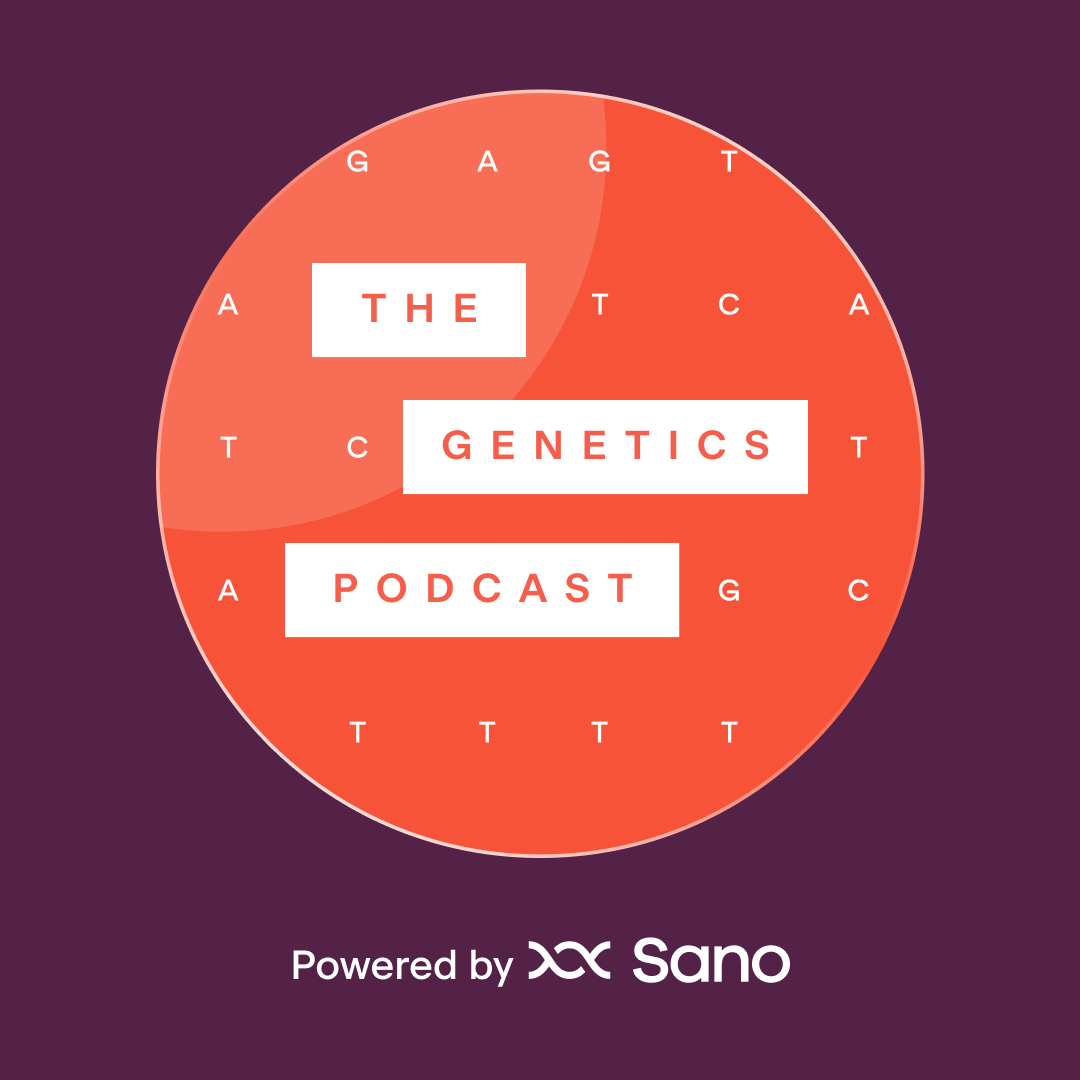EP 164: Groundbreaking advances in MMR-deficient rectal cancer, liquid biopsies, and precision oncology with Dr. Luis Diaz
December 5, 2024

Welcome back to The Genetics Podcast! Today, we’re joined by Dr. Luis Diaz, Head of the Division of Solid Tumor Oncology at Memorial Sloan Kettering and a White House Appointee to the National Cancer Advisory Board. Dr. Diaz’s career has been defined by his commitment to translating cutting-edge cancer genomics into clinical practice.
In this episode, he and Patrick dive into his groundbreaking trial on mismatch repair (MMR)-deficient rectal cancer, along with his pioneering work on liquid biopsies, immunotherapies targeting tumors with microsatellite instability, and advancements in precision oncology.
To learn more about Dr. Diaz and his work, visit his research page here: https://www.mskcc.org/research-areas/labs/luis-diaz.
0:00 Introduction
1:48 Welcome to Dr. Diaz
2:19 Insights from Dr. Diaz’s groundbreaking clinical trial on treating MMR-deficient rectal cancer patients with dostarlimab, which achieved an astonishing 100% complete tumor regression without chemotherapy, radiation, or surgery.
2:45 The origins of this breakthrough study, spanning decades of work in rectal cancer
3:45 How cancer genomics and immunotherapy link, or as Dr. Diaz puts it, “the marriage between cancer genomics and immunotherapy”
7:37 Recurring themes of DNA mismatch repair and microsatellite tumors in early tumorigenesis
10:01 The hypothesis that high mutational burden with immune checkpoint inhibition would lead to therapeutic responses for cancer
15:28 FDA approval for checkpoint inhibitors to treat tumors at any site exhibiting mismatch repair deficiency, which opened the floodgates for tumor agnostic indicators moving forward
18:31 Preventing polyp formation in colon cancer in order to delay cancer progression
23:04 The game-changing use of liquid biopsy for non-invasive cancer detection: how it works and its potential to become a routine tool in the clinic
30:28 Using machine learning and other technological advancements to address biological limitations to early cancer detection
34:21 Improving the signal-to-noise ratio to enhance resolution and detect tumorigenic mutations through stable and specific biological markers
40:04 The potential for those in other fields, such as lung and brain diseases, to learn from Dr. Diaz’s work in cancer therapeutics and early detection
45:47 Closing remarks
Please consider rating and reviewing us on your chosen podcast listening platform!